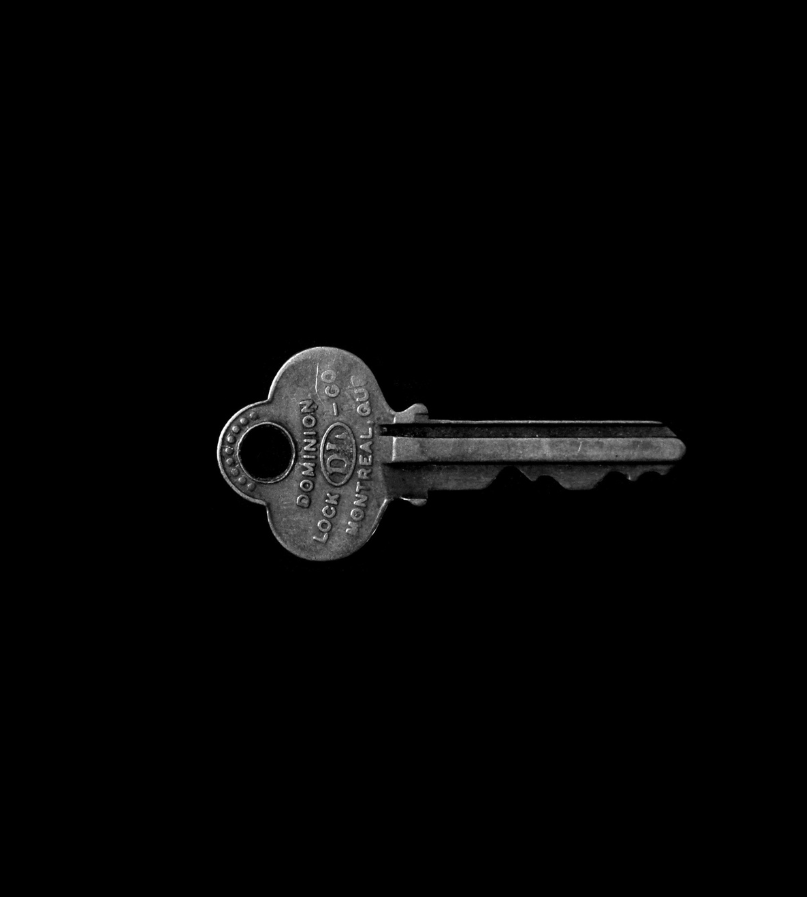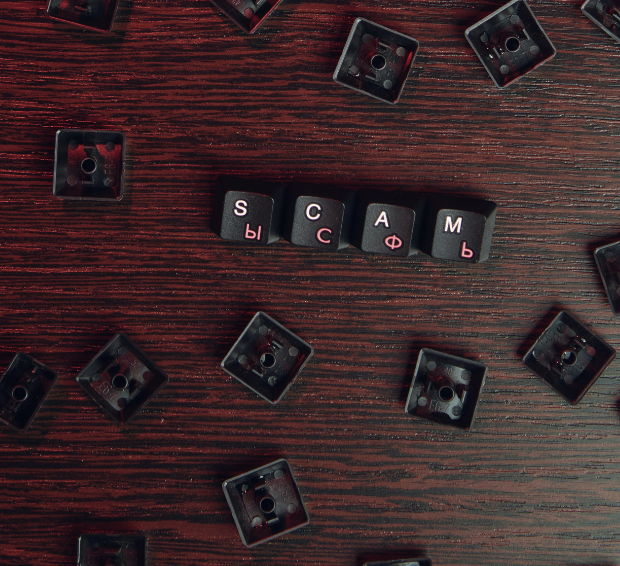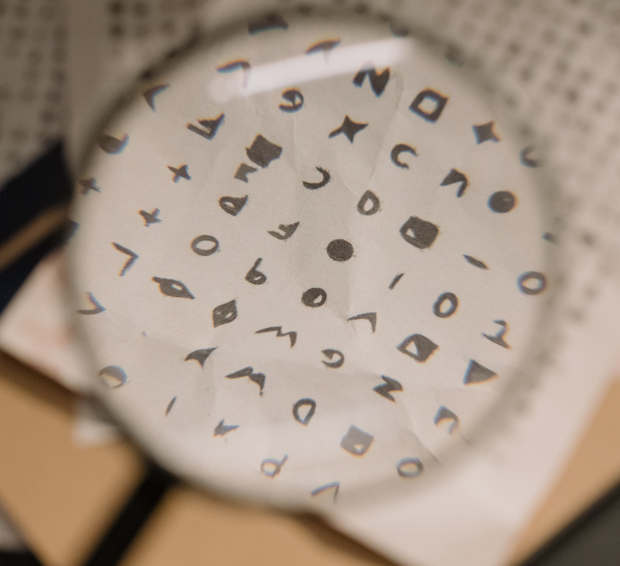With the rise of AI, global conflicts and cyber threats, 2021-22 saw an unprecedented amount of hacks and scams targeting Australians - up 13% from the previous year - so it’s no surprise we’re a hot target for cybercrime.
A cybercrime is reported in Australia every 7 minutes.
After years of being told to protect your privacy, you likely know the drill - beware of suspicious emails and texts, regularly change your passwords and update your security settings.
Why should I check my credit report?
Where can I see my credit report?
How do I check if I'm a victim of credit fraud?
What if there’s an error on my credit report?
What should I do if I’m a victim of credit fraud?
How can I prevent credit fraud?
How can I learn more about credit fraud?
This article contains general information only, and is not general advice or personal advice. Wisr Services does not recommend any product or service discussed in this article. You must get your own financial, taxation, or legal advice, and understand any risks before considering whether a product or service discussed in this article may be appropriate for you. We have taken reasonable efforts to ensure that the information is accurate at the time of publishing, but the information is subject to change. We may not update the article to reflect any change.




